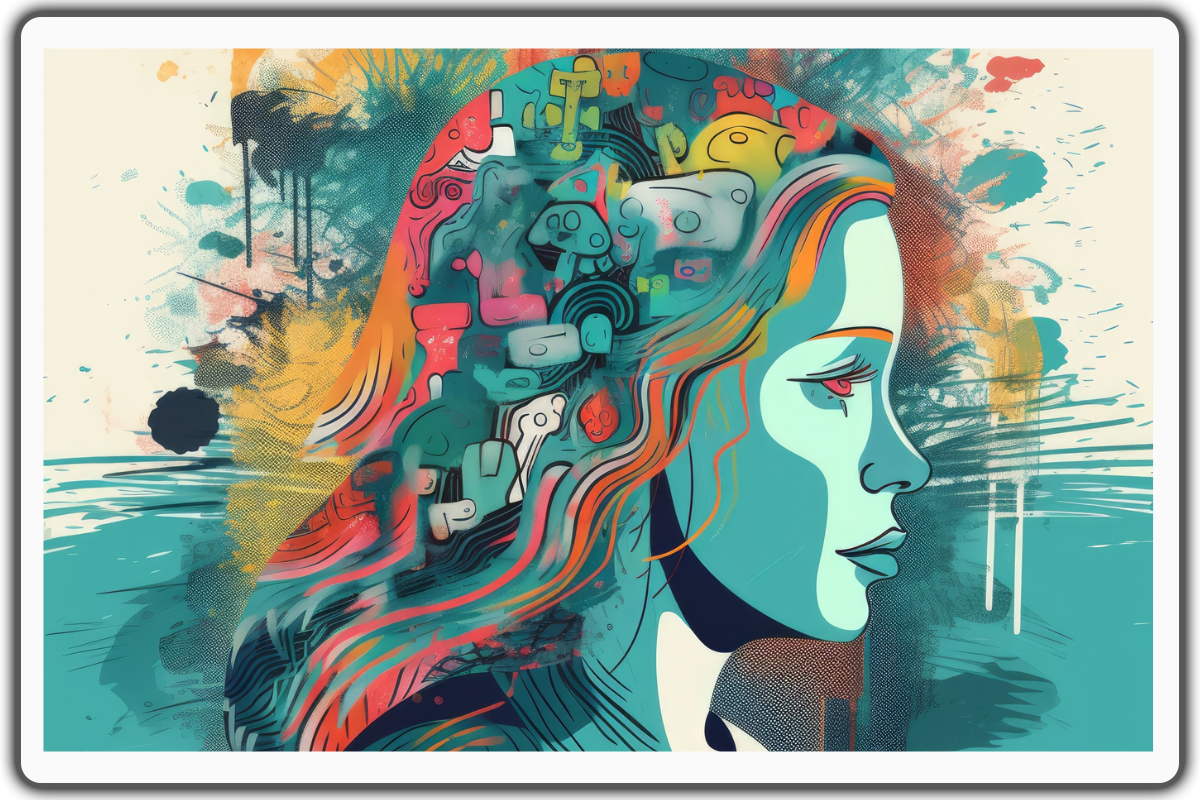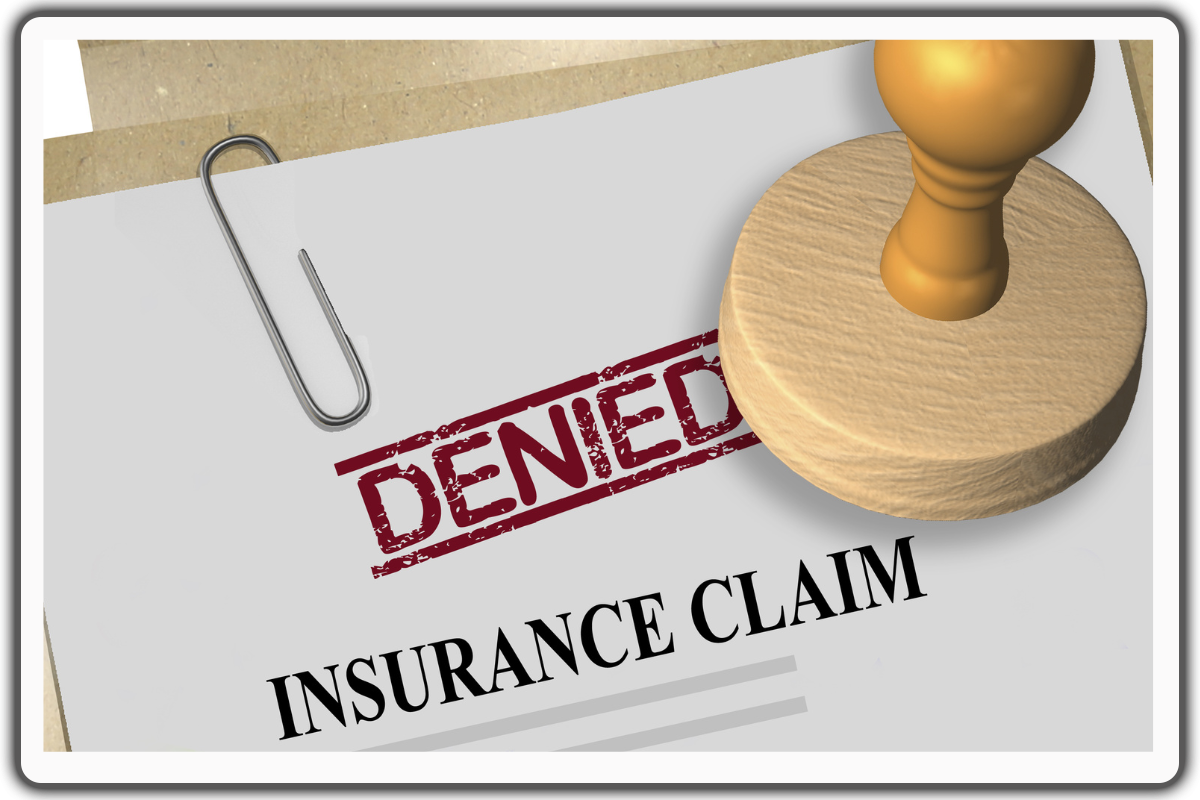Disclaimer: This guide explains short-term disability for mental health. It is not legal, medical, or financial advice. Everyone’s situation is different, so please talk to a doctor, therapist, or other professional for advice that fits your needs.
The story about Alex is real, but we changed the name to protect their privacy. It shows how short-term disability can help during hard times. Remember, the rules and benefits may be different depending on your job or insurance plan, so check with your employer or insurance company for details.
We’ve included tips from experts and organizations like NAMI, but they are not connected to this guide. If you are in a mental health crisis, please get help right away by calling a mental health professional or a crisis hotline.
Short Term Disability for Mental Health: Simple and Clear Guide
If mental health challenges make it hard to work, short-term disability benefits can be a big help.
My close friend Alex went through a tough time with depression. His stressful job became too much, and even simple tasks felt impossible. Just getting out of bed was hard.
Alex was scared to take time off because he was worried about losing money and being judged at work.
But when he found out about short-term disability insurance, everything got better. It gave him the support he needed to focus on getting better with therapy and other treatments without worrying about money.
This post explains how short-term disability benefits can help with mental health recovery. This includes the steps to apply and the tools you need to succeed.
What Is Short-Term Disability for Mental Health?
Short-term disability for mental health is a type of insurance that provides temporary financial support if you cannot work due to a mental health condition.
Short-term disability insurance covers issues like anxiety, depression, or stress-related disorders that make it hard to do your job. This benefit helps replace part of your income while you focus on recovery. You may need to provide medical proof, like a doctor’s note, to qualify.
The length of coverage and the amount you receive depend on your specific policy. It is designed to help you manage your finances while getting better.
According to the National Alliance on Mental Illness, one in five U.S. adults has a mental health issue each year. Also, one in 25 adults has a serious mental health condition that affects their daily life. These numbers show how common mental health problems are and why short-term disability benefits can be important.
Erika Dalton, a Licensed Master Social Worker (LMSW), explains how short-term disability can support people who can’t work because of mental health problems. She says whether you qualify depends on your insurance plan. Most plans require a doctor’s note and only offer help for a short time.
She also points out the importance of laws like the ADA (Americans with Disabilities Act) and FMLA (Family and Medical Leave Act). These laws protect workers and allow them to take time off for mental health needs.
Who Can Apply for Short-Term Disability Benefits?
Eligibility Requirements:
- Coverage Source: Offered through your employer or a private insurance plan.
Qualifying Conditions: Includes major depression, generalized anxiety disorder, PTSD, and severe stress-related issues.
Required Documentation:
- Diagnosis and treatment details from a mental health provider.
Forms from your employer or insurance company.
Tip: Keep a journal of your daily symptoms and how they affect your ability to work. This can help strengthen your case.
Kelly Peyton, MA, LPC-S, RPT-S, and the Clinical Director at Katy Counseling, suggests that short-term disability can help if you are struggling with your mental health and can’t work. To get approved, start by:
- Check your disability plan to see what it covers and what you need to do.
Get clear notes from your doctor or therapist explaining your condition and why you need time off.
Stay on top of deadlines and be ready to provide any extra information the insurance company asks for.
She then added that mental health claims can be harder to get approved than physical health claims, so it’s important to stay patient and keep trying.
How to File a Claim
Filing a short-term disability claim for mental health involves a few key steps:
- Notify Your Employer or Insurer: Share your intent to apply as early as possible.
Complete Forms: Fill out the required paperwork from your insurer or employer.
Submit Evidence: Work with your mental health provider to document your diagnosis and inability to work.
Follow-up: Ensure all forms are submitted correctly and on time.
Tools to Strengthen Your Claim
1. Symptom Impact Worksheet:
- Purpose: Show how symptoms like fatigue or brain fog affect your work.
How to Use: List symptoms, their impact on tasks, and real-life examples like missed deadlines.
Why It Helps: Provides clear evidence that mental health symptoms prevent you from working.
2. Mental Health Journaling:
- Purpose: Track symptoms, triggers, and their effects on work over time.
How to Use: Record daily observations, noting patterns and how they impact your job.
Why It Helps: Strengthens your claim and assists your provider in documenting your condition.
Benefits of Short-Term Disability Coverage
- Financial Support: Helps replace a portion of your income during treatment.
Recovery Time: Allows you to focus on therapy, medication, or other treatments without the pressure of work.
Bridge to Stability: If necessary, it can transition into long-term disability benefits.
Challenges in Filing a Claim
Claim Denial. Review the reasons for denial, gather more documentation, and file an appeal if necessary.
Lack of Evidence. Ensure your provider documents how your condition affects your ability to work.
Feeling Overwhelmed. Break the process into smaller steps and seek help from HR or a disability advocate.
Finding Help and Support
Mental Health Organizations. Groups like NAMI (National Alliance on Mental Illness) offer free resources for managing mental health.
Professional Assistance. Disability lawyers or HR teams can guide you through the claim process.
Workshops and Coaching. Tailored services can provide step-by-step guidance.
Conclusion
Short-term disability benefits can be a lifeline for anyone struggling with mental health challenges. Alex’s journey showed me how vital these benefits are—they provided financial stability and recovery time when it was needed most.
If mental health symptoms are affecting your ability to work, don’t hesitate to seek help. Start by talking to your doctor, notifying your employer, and documenting your symptoms. Recovery is possible, and you don’t have to face it alone.
FAQs
Do anxiety and depression qualify for short-term disability?
Yes, if your mental health provider confirms that your symptoms significantly impact your ability to work.
What to do if you can’t work because of mental health?
Consult a mental health provider for a diagnosis.
- Create a treatment plan with the provider.
Notify your employer about your situation.
Inform your insurer to begin the short-term disability claim.
What qualifies for mental health disability?
Individuals with a condition that prevents them from doing their job may qualify.
What qualifies for mental health disability?
Conditions like major depressive disorder, generalized anxiety disorder, PTSD, and severe stress disorders often qualify if they prevent you from performing job duties.
Can my doctor put me on disability for depression and anxiety?
Yes, your provider can support your claim by documenting how your condition impacts your ability to work and why you need time off.
What happens if my claim is denied?
Review the denial reasons, gather more evidence, and file an appeal. Seek professional assistance if needed.
References:





